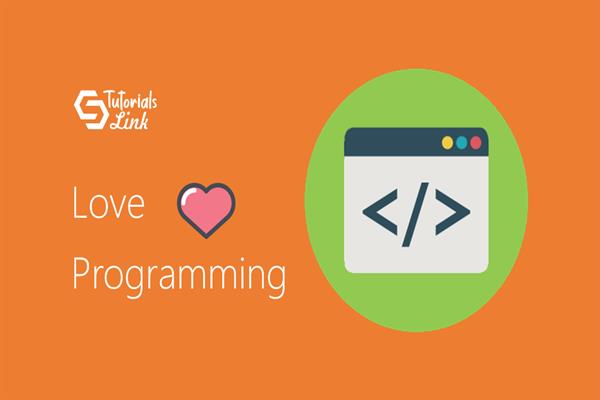Flutter Vs. React Native: Finding the Best Framework in 2023
In the ever-evolving world of mobile app development, choosing the right framework can greatly impact the success of your project. Two popular contenders, Flutter and React Native, have been vying for developers' attention. In this article, we'll explore the key aspects of both frameworks to help you make an informed decision. Additionally, we'll provide insights on hiring full-stack React Native developers and suggest a reliable React Native development company.
Flutter: A Brief Overview Flutter, developed by Google, is an open-source UI software development kit. It allows developers to build natively compiled applications for mobile, web, and desktop from a single codebase. Flutter utilizes the Dart programming language and provides a rich set of customizable widgets, resulting in visually appealing and performant applications.
React Native: A Brief Overview React Native, maintained by Facebook, is another open-source framework used for building cross-platform mobile applications. It enables developers to build applications using JavaScript and React, leveraging the same codebase to create apps for both iOS and Android. React Native offers a vast selection of pre-built components and extensive community support.
Comparing Performance and User Experience When it comes to performance, Flutter has the advantage of using a custom rendering engine that eliminates the need for JavaScript bridges. This enables Flutter apps to achieve near-native performance, resulting in smooth animations and a responsive user interface. React Native, on the other hand, relies on JavaScript bridges, which can introduce some performance overhead.
Development Efficiency and Code Sharing Flutter's "hot reload" feature allows developers to instantly see the changes they make in the code, reducing development time. Its single codebase approach allows for efficient code sharing between platforms, minimizing the need for separate development teams for iOS and Android. React Native also offers hot reloading and code sharing capabilities, although it may require some platform-specific adjustments in certain cases.
Ecosystem and Community Support Both Flutter and React Native boast vibrant communities that contribute to their growth and provide extensive support. React Native benefits from its early adoption and larger community, resulting in a vast array of third-party libraries, plugins, and tools. Flutter's community is rapidly expanding and offers a growing number of packages, but it may not have the same level of maturity as React Native.
Also, Read this Blog - Flutter vs. React Native: Find the Best Framework in 2023
Hiring Full-Stack React Native Developers To hire full-stack React Native developers, consider the following steps:
- Define your project requirements and scope.
- Look for developers with solid experience in React Native and proficiency in JavaScript and related technologies.
- Use reputable job boards, freelance platforms, or reach out to React Native development companies.
- Conduct thorough interviews and technical assessments to evaluate candidates' skills and expertise.
- Consider factors such as communication abilities, teamwork, and cultural fit when making your final decision.
Choosing a Reliable React Native Development Company To find a reliable React Native development company, keep the following points in mind:
- Assess their portfolio and check their previous projects to gauge their expertise and quality of work.
- Look for client testimonials and reviews to determine their reputation and reliability.
- Inquire about their development processes, project management methodologies, and communication channels.
- Evaluate their technical proficiency, including experience with third-party integrations, performance optimization, and app testing.
- Consider their pricing structure and ensure it aligns with your budget and project requirements.
Conclusion
Selecting the right framework for your mobile app development project is crucial for its success. Flutter and React Native both have their strengths and weaknesses. Flutter offers excellent performance and code sharing capabilities, while React Native benefits from a larger ecosystem and community support. When hiring full-stack React Native developers or choosing a development company, carefully evaluate their expertise, experience, and reputation. Ultimately, the best framework and development partner





